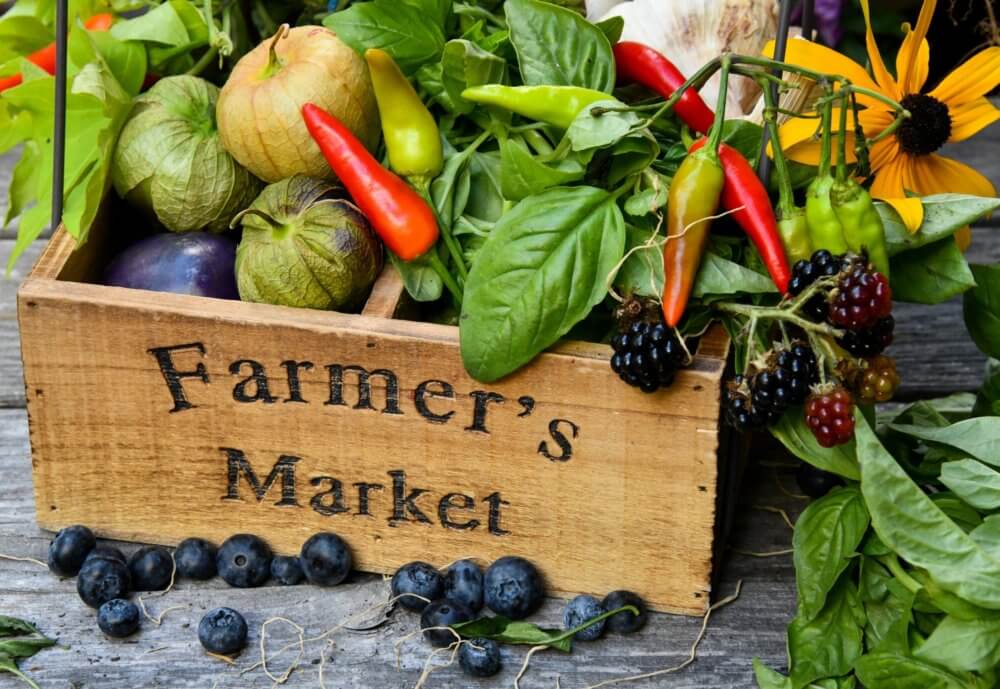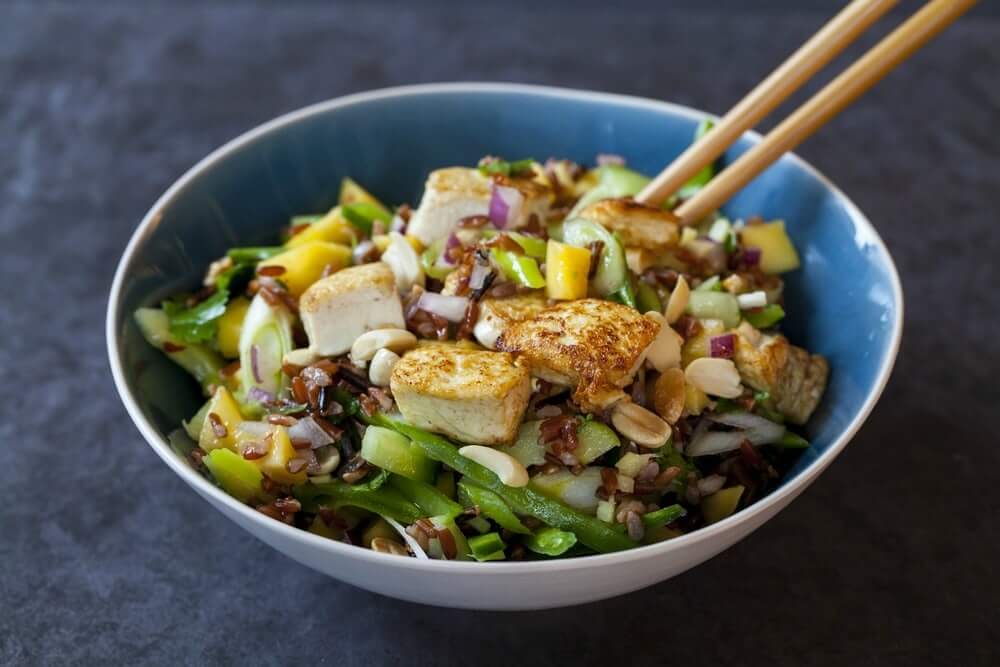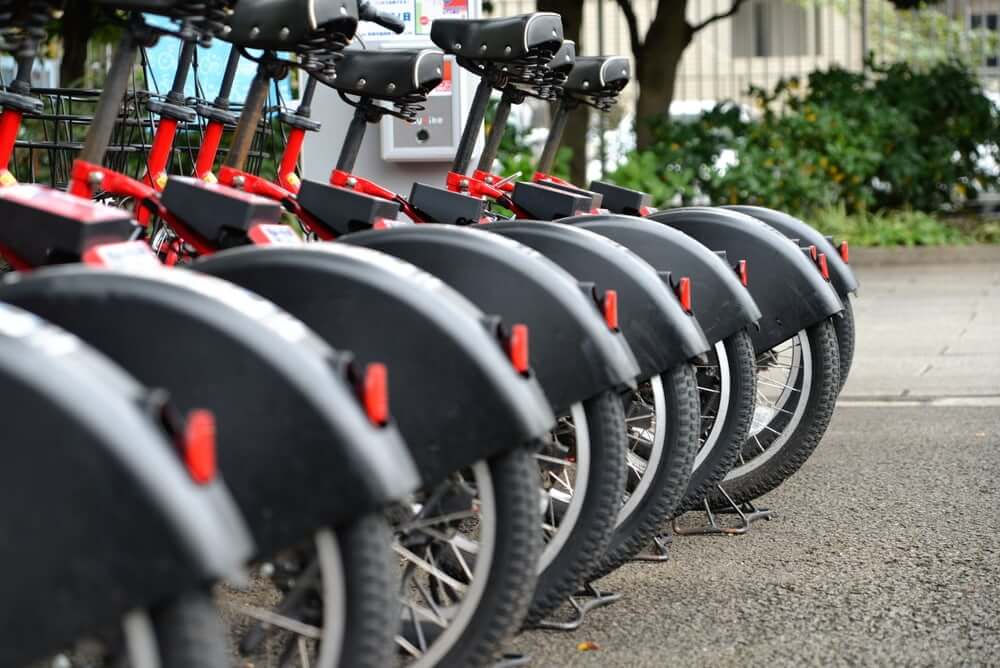8 ways to living a more sustainable student life
 Sustainable living is fundamental to protecting our environment and our future. Currently, as a population we use far too many ‘produced resources’ such as plastic. We create waste at a vast rate which simply isn’t sustainable, leading to environmental issues such as pollution and climate change, turn causing harm to both wildlife AND humans.
Sustainable living is fundamental to protecting our environment and our future. Currently, as a population we use far too many ‘produced resources’ such as plastic. We create waste at a vast rate which simply isn’t sustainable, leading to environmental issues such as pollution and climate change, turn causing harm to both wildlife AND humans.
There are some effortless product swaps you can make straightaway and other areas which are longer-term lifestyle adaptions. No one expects you to become an eco-warrior overnight but the following 8 ways to live a more sustainable life are a great place to get started.
1. Carry a reusable water bottle around campus
Possibly the simplest way to start reducing your plastic consumption is by switching to a reusable water bottle. Carry it around with you everywhere you go and not only will you save money whilst making your first step into living sustainably, you can easily keep track of your water intake – no brainer!
Every urbanest property has chilled, filtered water coolers in reception so residents, and their guests, can refill any time of day. There are even digital counter displays so you can see how you have helped reduce plastic consumption.
You could also invest in a reusable coffee cup too which not only saves a disposable cup every time you treat yourself to a morning coffee, it’ll also save you money too as most coffee shops offer a discount if you bring your own cup.
2. Pick up a canvas shopper bag
Another super easy life hack is to always carry a canvas shopper bag with you, stopping you from needing to buy a plastic bag for your shopping. Simple.
Canvas shopper bags are available at reception for residents at every urbanest property.
3. Reuse & recycle in your student accommodation
A great way to cut down on waste is to re-use as much as we can. For example, the glass jar that your pasta sauce came in can make a nice vase for flowers or a handy pen pot for your desk. If you are really organised, and fancy getting crafty, you can also save these to make some home-made Christmas gifts – see our student journal article for more info on that here.
At urbanest we have recycling facilities for most items – full information on what can and can’t be recycled at our properties can be found in all kitchen areas and on the signs outside each bin store.
Here are some tips for recycling at urbanest:
Plastic – most plastics can be recycled in the mixed recyclable section.
Cardboard and white paper – can be recycled in the paper section.
Bottle caps, paper with wax, plastic bags, plastic film and Styrofoam – should not be placed in recycling bins. These can go in landfill bins.
Food – must be washed off of packaging before it’s placed in recycling.
If you are unsure, please check the recycling info at your property or ask a member of the team.
4. Eat your leftovers and team up with flatmates
Food waste is an ingredient – and in recent years an uber fashionable one at that! There is an abundance of chefs out there preaching about turning stale bread into croutons for salads, using leftover porridge as a flour and water substitute in bread dough, turning chickpea water into vegan mayonnaise and SO much more.
If you are sharing a kitchen at urbanest why not set up a simple shopping list of staple ingredients that you can all share (saving waste and money) and let your flatmates know if you have any leftover food that they may want to use up – perhaps you could even set up a weekly food waste event where you can meet up with other residents to share recipes, ingredients or just to enjoy some food together. Speak to the reception team if you’d like help promoting your event.
If you want to know more about food waste, this is the perfect book to get you started: https://guardianbookshop.com/30-easy-ways-to-join-the-food-revolution-9781911641346.html

5. Go zero waste with your food shopping
Where possible try to buy loose fruit and vegetables or shop in bulk stores – where you take your own containers and fill them with pulses, flour etc. If you are buying packaged foods (and it is inevitable) look at where the product comes from and always try to choose the more local option – oat milk from England will have a lower carbon footprint than almond milk from America.
FYI – the most recyclable plastics to look out for in packaging are PET, found in drinks bottles and fruit punnets, and HDPE, in milk bottle and cereal box liners.
Shop at farmers markets if possible (there are loads in London) – they’re also cheaper than the big supermarkets! And always plan your meals to reduce throw away. Rather get your food delivered in? Here’s some of the best organic food delivery services: https://uk.urbanest.com/journal/organic-food-delivery-services/
6. Pimp up your wardrobe – for free
When it comes to buying new clothes there’s loads of things to consider – where have they come from, how were they made, how are the factory workers treated, the list goes on. Fast fashion is the easiest (also often the cheapest and trendiest) to get our hands on but is very much at the wrong end of the sustainability spectrum! Opting for vintage or second hand is one of the simplest ways to shop sustainably.
Could you do a whole year without buying anything new to wear? Seems like a BIG challenge but perhaps you could do a month or commit to only buying second hand.
If you prefer sticking to well-known high-street brands, then try to always shop in person – clothes being shipped across the world have a significant carbon footprint. Not to mention they will arrive packaged up in an abundance of plastic and cardboard!
Have you heard of swishing? The greenest way to refresh your wardrobe – clothes swapping!
Why not set up your own swishing event at urbanest? Every property has a large common area to utilise for study, relaxing or events. Just ask the team on reception if you can book the space and they can also help promote it to other residents
7. Mix up your bathroom products
Bathrooms can be full to the brim with plastic – everything from your shampoo and conditioner to your handwash. Try switching to bar soaps and shampoos.
Cotton wool also needs to go! A staggering 20,000 litres of water are needed to create only 1kg of cotton (that’s enough to make just about 1 t-shirt). For make-up removal invest in a reusable disc
such as Face Halo, or simply use a good old-fashioned cotton flannel. Don’t forget to wash them regularly. Bamboo pads are great for removing nail polish, applying face toners, or using
an exfoliant. You can now even get reusable swabs to replace ear buds – they can be washed with soap and water and used 1000s of times.
Plastic toothbrushes take over 400 years to decompose. But don’t worry, you can swap to a bamboo toothbrush – the perfect alternative – they are 100% biodegradable and antimicrobial.
Finally, lets talk about toilet paper. We flush the equivalent of 270,000 trees down the drain each day and nearly 10% of that is attributed to toilet paper! Recycled toilet rolls are a sustainable game-changer, buy from here: https://uk.whogivesacrap.org/
8. Get fit and travel sustainably
Kill two birds with one stone by walking or cycling wherever possible. Fit, healthy and sustainable.
Did you know that every urbanest property has FREE to hire fold down bicycles for all residents to use – just ask the reception team for more details.

Are you making small changes to life a more sustainable life? Share your swaps in the comments below…